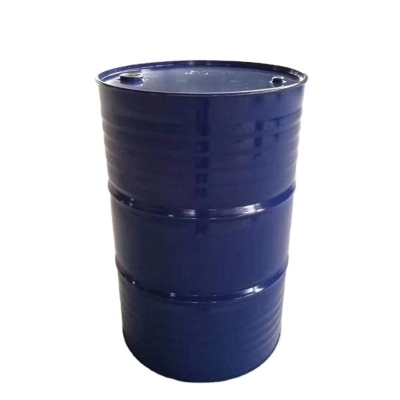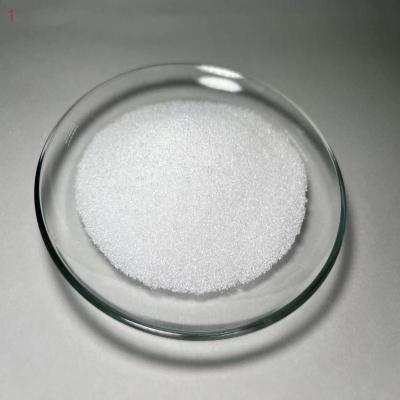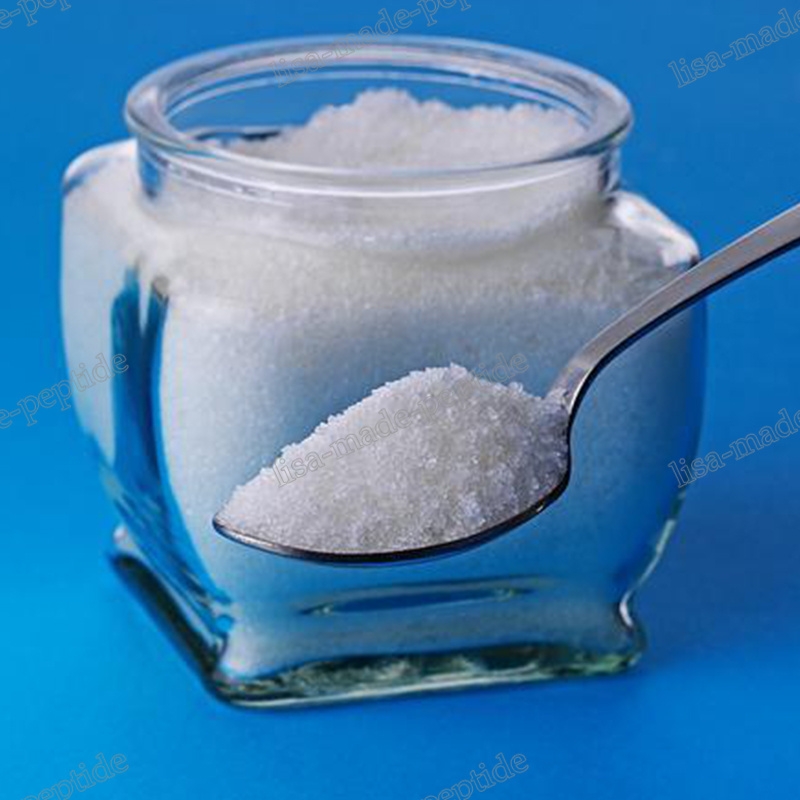-
Categories
-
Pharmaceutical Intermediates
-
Active Pharmaceutical Ingredients
-
Food Additives
- Industrial Coatings
- Agrochemicals
- Dyes and Pigments
- Surfactant
- Flavors and Fragrances
- Chemical Reagents
- Catalyst and Auxiliary
- Natural Products
- Inorganic Chemistry
-
Organic Chemistry
-
Biochemical Engineering
- Analytical Chemistry
-
Cosmetic Ingredient
- Water Treatment Chemical
-
Pharmaceutical Intermediates
Promotion
ECHEMI Mall
Wholesale
Weekly Price
Exhibition
News
-
Trade Service
U.
S.
fertilizer giant CF Industries announced on June 8 that it plans to permanently close one of its fertilizer plants in the U.
K.
due to high energy costs, a move that could result in as many as 283 employees losing their jobs
.
CF Industries said it would restructure its UK operations to make it profitable and sustainable over the long term, and to be able to continue supplying UK customers with industrial products such as fertilizers and carbon dioxide
.
CF Industries plans to concentrate UK manufacturing operations at the Billingham plant, the UK's largest ammonia, ammonium nitrate and carbon dioxide production facility
.
Meanwhile, CF Industries will permanently close its Ince plant near Chester, which could lead to the loss of up to 283 jobs at the plant
.
The plant produces ammonium nitrate fertilizer made from natural gas
.
The UK is one of Europe's major consumers of natural gas, which plays an important role in heating, power generation and industrial production
.
Last year, the price of natural gas in Europe soared by more than 200%, which not only led to the bankruptcy of many British gas companies, but also caused supply problems in the British food industry
.
Since the beginning of this year, the prices of crude oil and natural gas in Europe have remained high, which has brought a great impact on the economy and people's livelihood
.
The future is expected to remain challenging for nitrogen fertilizer producers in the UK and Europe
.
The cost of producing nitrogen fertilizers is largely dependent on the cost of natural gas, the main raw material and fuel source for ammonia production in the region
.
For many producers, more than 70% of the total cost of producing ammonia comes from natural gas costs
.
CF Industries said natural gas forward trends suggest that nitrogen fertilizer companies in the UK and Europe will become high-cost global producers for the foreseeable future, challenging the sustainability of current operations
.
In September 2021, operations at both the Billingham and Ince plants were halted as high gas prices made it unprofitable
.
The Billingham plant then restarted that month after reaching an interim agreement with the UK government
.
The Ince factory has never reopened
.
In addition, CF Industries expects its products to be at a greater competitive disadvantage relative to imports due to intense competition from imports from low-cost regions, coupled with the continued substantial increase in the cost of carbon in the UK
.
CF Industries said that while the company has explored all possible alternatives, including changing its business model and finding a buyer for the factory, the best way to "ensure we can maintain operations and supply key products to the local market" is to close the Ince factory
.
As at 1 June 2022, CF Industries employed 544 people in the UK, of which 177 were employed at the Billingham plant, 283 at the Ince plant and 84 in the functions
.
Since 2015, CF Industries has invested nearly £200 million in manufacturing facilities in the UK
.
The Billingham plant was established in 1924 with a total ammonia production capacity of 595,000 tons and ammonium nitrate of 625,000 tons; the Ince plant was established in 1965 with a total ammonia production capacity of 380,000 tons and ammonium nitrate of 575,000 tons
.
The closure of the fertiliser plant by CF Industries is also bad news for the UK food and beverage industry
.
The CF industry is an important part of the UK food supply chain, with by-product carbon dioxide used in livestock slaughter, food and beverage production and packaging in the meat industry
.
Data shows that the CF industry supplies up to 60% of the carbon dioxide used in the UK
.







